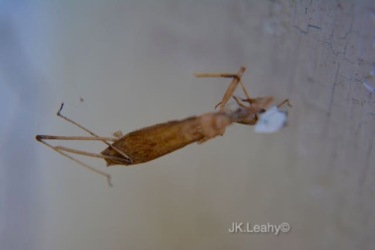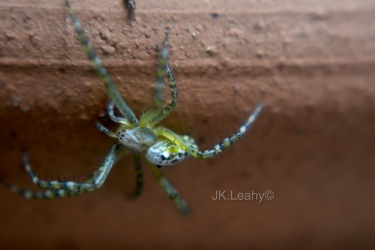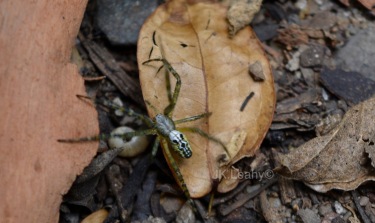The Goddess’s First Social Day

Almost six weeks ago we found a duckling, just a few days old, left in our swimming pool by her parents. She has now grown up and is moving out of our house with some of her new friends. I was getting a little emotional with this story so I had to remove myself and put the story away for two days. The storm in Brisbane last night put my internet off, so I could not post on this blog.
This is the third time we raised a wild duckling, so we know that life changes when you take helpless animals into your home. They become part of the family before you know it. It may be because we have become so attentive to such animals that my sons and I have learnt this duckling’s habits; her favourite place to sit, her favourite weed and her specific cries for different things, similar to a human baby. I found myself finishing work and rushing outside to pick her favourite weeds in the surroundings of my workplace. I have seen people walk or drive by and give me funny looks. It was worth it when I got home and she rushed to me and ripped the weeds out of my hands.

Anyway, it has been over a month since we rescued Goddess Penelope (pictured above). She also turned out to be a female, even though we named her a little early without knowing her sex (see previous post).
Penelope grew up quickly and took to our chickens right away. The other wild ducks gave her scornful looks, pecked and chased her. This behaviour happened with the previous ducklings we had saved, before the flock eventually accepted the house-raised ducks.
The last three days have brought major changes for Penelope. It was her moving out phase. The duckling took to the water and the bushland in front of our property easily. An older male duck hung around nearby. I told my sons the male duck could be a stalker watching her, and my sons argued that it could be her father. Who is to know? I guess I was being an over-protective parent, but I am worried. Penelope has had a tough life so far.

Once we introduced her to the other birds, the other wild ducks chased and pecked her and in turn, she chased and pecked our chickens. The regular chickens did not entertain her cheekiness, but soft feathery Silky Batemans (silkies) could not get away from her. The silkies as the Australians call them, are slow, soft and cuddly birds.

Initially Penelope tried to talk to them, walk and sit with them. Then she pecked them, often holding up clumps of feathers in her beak. She got a lot of lectures from me, but we all had to be patient.
Her behaviour scared the silkies and for hours she would run behind them while they fled across the backyard over the weekend. I tried to stop her, but she would run in between the silkies and this confused the chickens even more. The silkies thought I was chasing them too. At the end of her first day out – Penelope was ready to sleep in the chicken pen, with the silkies, but they would not let her in.

After the third day and a stormy night last night, the silkies gave in to Penelope’s charms. The silkies are all males too. The black silky (pictured above) has become her guardian. He shares his food with her.
Today, I tried to lure Penelope with her favourite weeds, but she did not eat any, because the silkies did not like the weeds. She gave me ‘the eye’ like she was saying – “what are you trying to do?” Maybe I embarrassed her, just like I do to my sons sometimes – the awkward teenager thing …
She has to grow up, and I know she is tough and she will survive in the wild. Penelope waits at the cage each evening to be put away for the night with the silkies. In a way, she has officially moved out. She does not make any crying sounds. Penelope has found her temporary home, where she will stay in the meantime until she can fly. My son Nathan commented that, Penelope wants so much to be with the silkies, that he half expects the teenage duck to start crowing in the morning with the three roosters.
The silkies live in a pen which is closed in so they don’t get attacked by foxes and snakes. In the evenings, they huddle in this corner and wait to be placed inside the cage and locked up. Here are some pictures from Penelope’s first day when she tried to get to spend the night with the chickens.



























